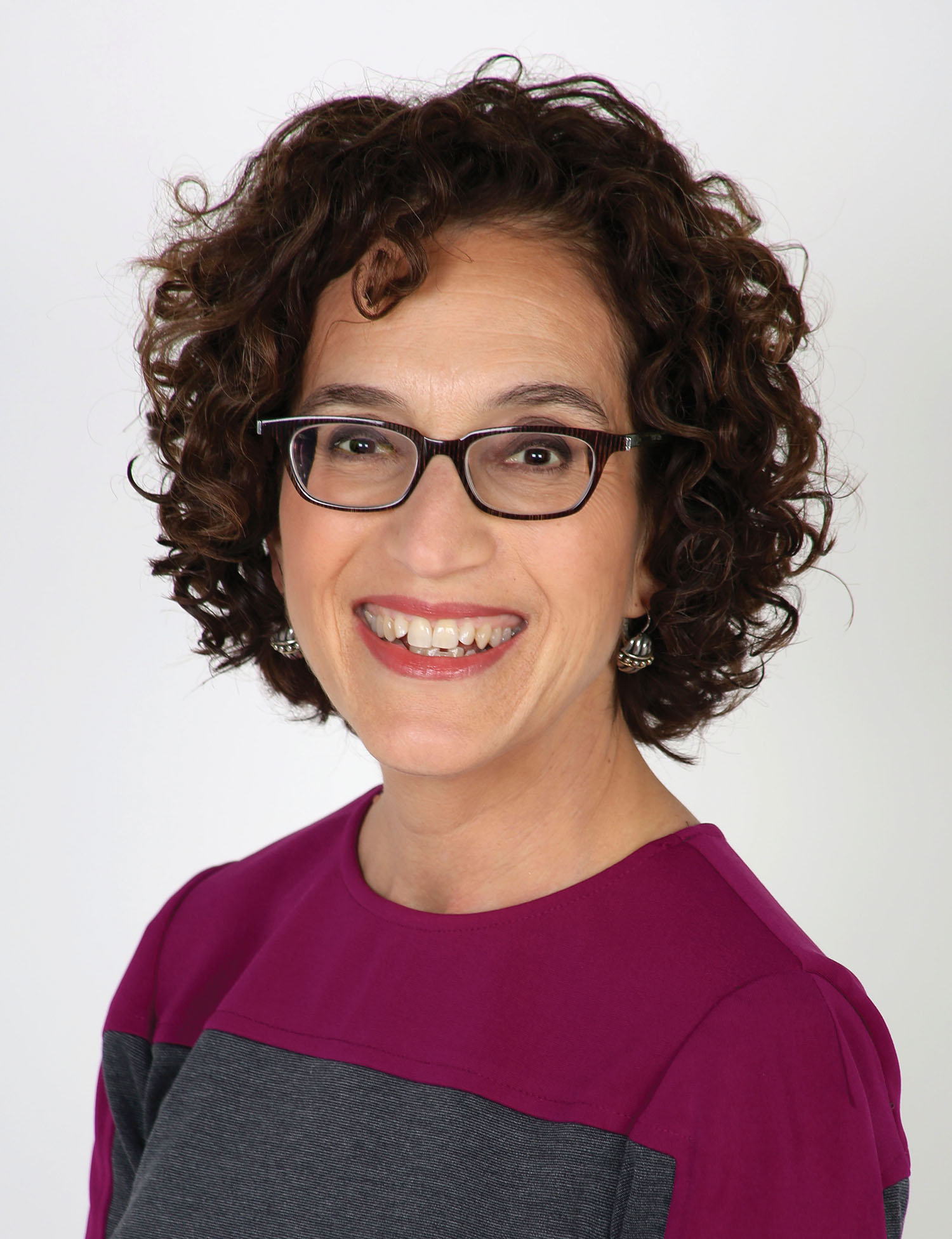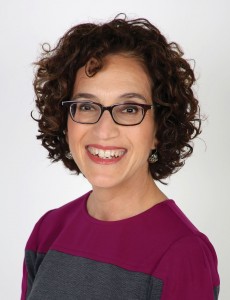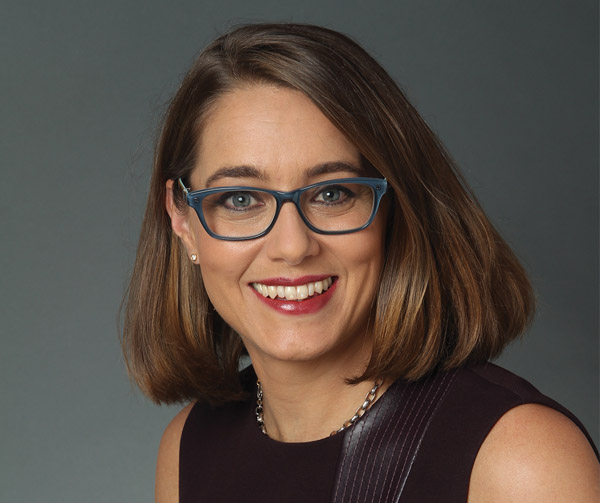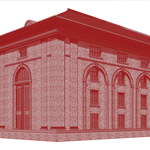“PUSHING BOUNDARIES IN THE WORKPLACE”: JANE EISNER ’77, P’06, P’12


Jane Eisner ’77 P’06, P’12, first female editor-in-chief of The Jewish Daily Forward, was on campus in April as part of the Women of Wesleyan series, a year-long celebration of 40 years of coeducation at Wes.
In this networking event for alumni and current students, which also included alumni panel discussions and a film screening, Eisner offered four guidelines on “Pushing Boundaries in the Workplace,” illustrated with examples from her own life.
Optimism, she said, allowed her to take leaps of faith, and in doing so, pursue unexpected opportunities. In the beginning of her career, that meant taking the position of London correspondent for the Philadelphia Inquirer, when she was newly back from maternity leave—a novel concept in itself in the 1980s. She accepted, moving herself and her infant daughter across the Atlantic, with her husband joining them later. It was the beginning of a fast-paced career trajectory.
Humility, however, allowed her to broaden that path. “After five years as editorial page editor, I was burning out and wanted to get off the management track,” she recalled. She became a columnist, which allowed her to spend more time with her family, to teach, and to write a book. “The way careers are now, there’s no straight line,” she noted. “Make your decisions based on your true values and the things you really care about.”
Eisner’s third guideline: Be helpful. “We have an enormous responsibility to promote other women,” she said. As the new editor of The Forward, she recalled being introduced to prominent people in Jewish nonprofits. Eisner met one man after another, and found herself wondering, “Where are all the women?”
“The great thing about being a journalist is that you have a question and then you go about trying to answer it,” she said. She set herself—and her newspaper—a task: With a list of all the prominent Jewish organizations and federations, “We asked two simple questions: ‘Who’s in charge?’ and ‘What do they earn?’ And we published a list.”
Eisner has been doing this now for five years, long enough to see an impact: “There’s finally a new woman to head a federation. I heard—and I’m sure this is absolutely true—that when she was negotiating the position she said: ‘I want a higher salary because I don’t want my kids reading in The Forward that I’m underpaid.’”
Finally, Eisner sees gratitude as an essential trait in the push toward a better work environment for all. A recent opportunity to interview Gloria Steinem reminded her of “how much we are all indebted to the feminists of that generation.” The only way to thank those women, she said, is to become them for the next generation. “It is our privilege and responsibility to enact social change; gratitude should always lead to greater social action,” she observed.
Meg Zocco, University Relation’s director of affinities and networks at Wesleyan, notes that the Women of Wesleyan—or WoW—Initiative, is an ongoing effort to highlight alumnae achievements, explore relevant topics, and facilitate networking opportunities. “It’s really much broader than the initial context, the 40th anniversary of coeducation, which was highlighted this year,” she says. Zocco invites alumni interested in becoming involved with the program to contact her at 860/685-2799; mzocco@wesleyan.edu



